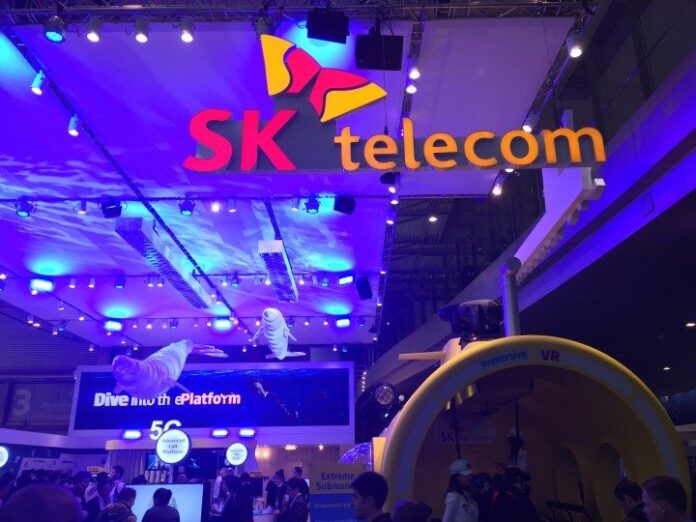The Korean telco is currently in talks with European IoT network companies
Korean operator SK Telecom has the goal of establishing a global roaming network for internet of things (IoT) services based on the LoRa IoT network standard in cooperation with European firms, Korean press reported.
The Korean telco said that the global IoT network will enable the provision of services such as luggage tracking.
“We will actively share our knowhow obtained while establishing and commercializing the LoRa network nationwide with partners at home and abroad, contributing to a global IoT ecosystem,” said Park Jin-hyo, SK Telecom’s network R&D center senior vice president.
SK Telecom recently discussed partnerships for the LoRa IoT network to connect Korea and Europe with its partners, including Telefonica and French system integrators EGM and CEA. The French firms, which are currently testing their LoRa networks in Europe, agreed to discuss standardization of roaming systems. SK is also expected to meet with officials from the LoRa Alliance in Berlin this week.
SK Telecom recently completed its nationwide deployment of a low-power wide-area network based on LoRa technology.
The Asian telco finished building LoRaWAN across the country by the end of June, six months earlier than its initial schedule.
SK Telecom said its network covers 99% of the population. The telco expects to connect over 4 million devices to its IoT-dedicated networks by the end of 2017.
ZTE launches new vertical broadband solution
In other APAC news, Chinese vendor ZTE has unveiled its new vertical broadband solution (v2.0) at the fourth Connect To Connect Summit (C2C), which takes place in Pretoria, South Africa, this week.
The Chinese company said that the new solution deals with the design and construction requirements of not only national backbone broadband networks, but also broadband networks for power, rail transportation, radio and television.
“Information development in a city or a country requires breaking free from traditional chains, by planning and managing smart cities on a unified platform in a unified way, communicating information among government departments, driving the development of a local software industry and solving other governmental matters such as social stability, traffic and attracting investment,” ZTE said.

